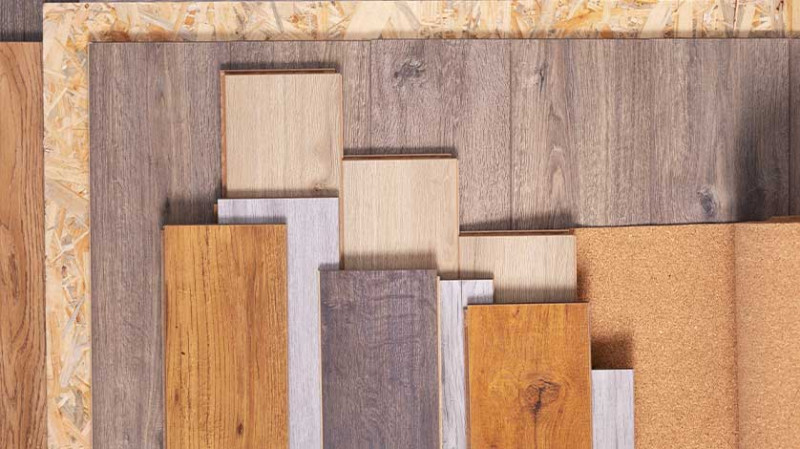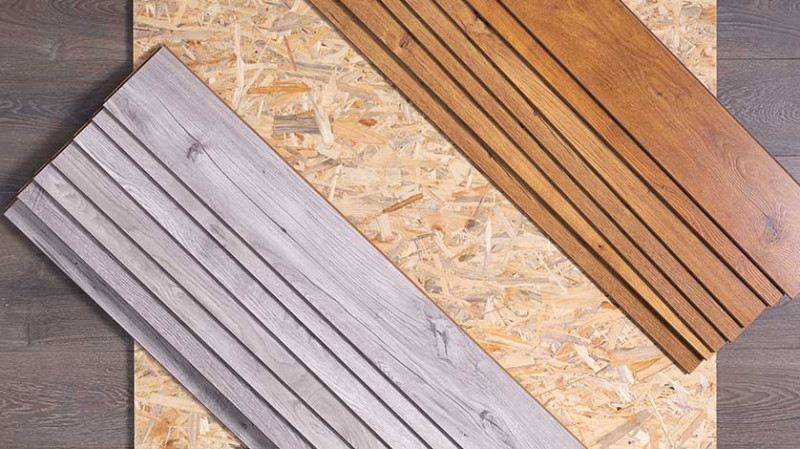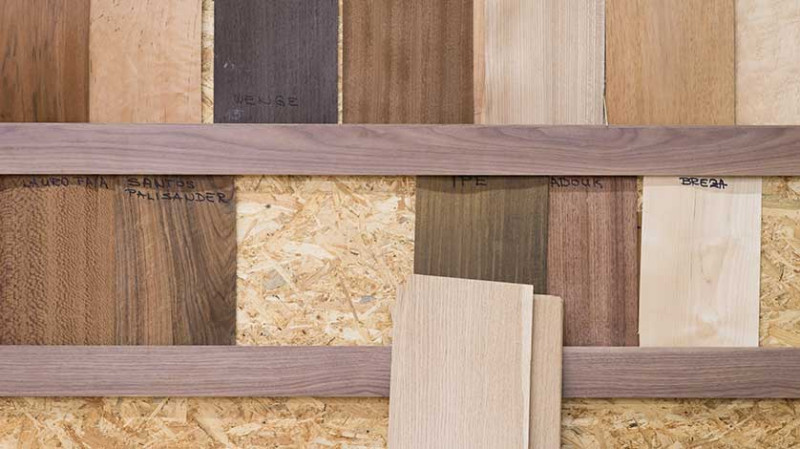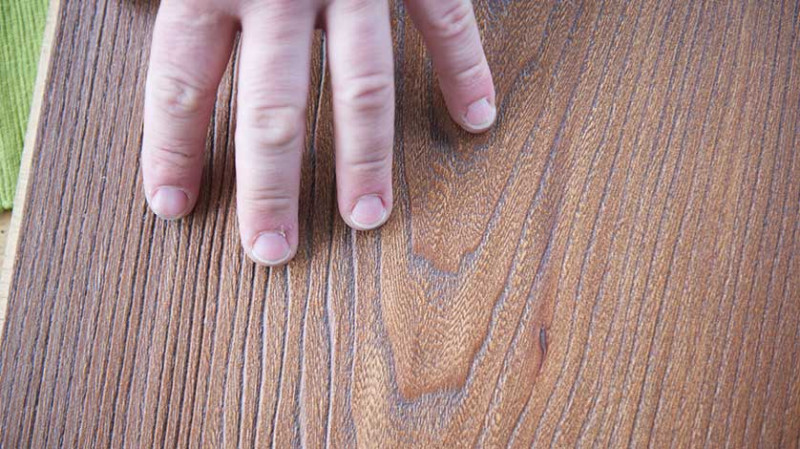
In an era where climate change is no longer a distant threat but a present reality, the need for resilient infrastructure has never been more pressing. One of the most overlooked aspects of building resilience against extreme weather events is flooring. Flooring solutions that can withstand the rigors of climate change are essential for both residential and commercial properties. In this blog post, we will explore innovative flooring solutions designed to conquer the challenges posed by extreme weather, ensuring safety, durability, and sustainability.
Understanding the Impact of Extreme Weather on Flooring
Before diving into innovative flooring solutions, it’s crucial to understand how extreme weather affects flooring materials. From hurricanes and floods to extreme heat and cold, various weather conditions can compromise the integrity of flooring. Here are some of the key challenges:
1. Water Damage
Flooding can lead to significant water damage, causing wood to warp, tiles to crack, and carpets to mold. Traditional flooring materials often struggle to cope with prolonged exposure to moisture.
2. Temperature Fluctuations
Extreme heat can cause materials to expand, while cold can lead to contraction. This can result in cracks, gaps, and other forms of damage, particularly in materials like concrete and wood.
3. UV Exposure
Prolonged exposure to sunlight can fade colors and weaken materials. This is particularly relevant for outdoor flooring solutions, which must withstand UV rays without deteriorating.
4. Heavy Impact
In areas prone to severe storms, flooring must be able to withstand heavy impacts from debris. This is especially important for commercial properties that may face significant damage during extreme weather events.
Innovative Flooring Solutions for Extreme Weather Resilience
Now that we understand the challenges posed by extreme weather, let’s explore some innovative flooring solutions that are designed to withstand these conditions.
1. Waterproof Vinyl Flooring
Overview: Waterproof vinyl flooring is a versatile and durable option that can handle moisture without warping or degrading. It is made from synthetic materials that are resistant to water, making it ideal for areas prone to flooding.
Benefits:
- Moisture Resistance: Unlike traditional wood or laminate flooring, waterproof vinyl does not absorb water, making it perfect for basements, kitchens, and bathrooms.
- Easy Maintenance: Vinyl flooring is easy to clean and maintain, requiring only regular sweeping and occasional mopping.
- Variety of Designs: Available in a wide range of colors and patterns, vinyl can mimic the look of wood, stone, or tile, providing aesthetic flexibility.
2. Engineered Hardwood
Overview: Engineered hardwood is made from layers of real wood and plywood, providing the beauty of hardwood with added stability. This flooring type is less susceptible to moisture and temperature changes compared to solid hardwood.
Benefits:
- Stability: The multi-layer construction helps prevent warping and cracking, making it suitable for areas with fluctuating temperatures.
- Sustainability: Many engineered hardwood options are sourced from sustainable forests, making them an eco-friendly choice.
- Aesthetic Appeal: Engineered hardwood offers the same elegance and warmth as traditional hardwood, enhancing the overall look of any space.
3. Porcelain Tile
Overview: Porcelain tiles are known for their durability and resistance to moisture, making them an excellent choice for areas exposed to extreme weather. They are denser and less porous than ceramic tiles, providing superior performance.
Benefits:
- Water Resistance: Porcelain tiles are impervious to water, making them ideal for bathrooms, kitchens, and outdoor spaces.
- Durability: These tiles can withstand heavy foot traffic and are resistant to scratches and stains.
- UV Resistance: Porcelain tiles do not fade in sunlight, making them suitable for outdoor applications.
4. Rubber Flooring
Overview: Rubber flooring is a resilient and durable option that can withstand extreme weather conditions. It is often used in commercial settings but is gaining popularity in residential applications as well.
Benefits:
- Slip Resistance: Rubber flooring provides excellent traction, reducing the risk of slips and falls, especially in wet conditions.
- Shock Absorption: The cushioning effect of rubber makes it comfortable to walk on and helps reduce noise.
- Eco-Friendly Options: Many rubber flooring products are made from recycled materials, contributing to sustainability efforts.
5. Composite Decking
Overview: For outdoor spaces, composite decking is an innovative solution that combines wood fibers and plastic to create a durable, weather-resistant surface. It is designed to withstand the elements without warping, splintering, or fading.
Benefits:
- Low Maintenance: Composite decking requires minimal upkeep compared to traditional wood decking, which needs regular sealing and staining.
- Weather Resistance: It is impervious to moisture and resistant to UV rays, making it ideal for outdoor environments.
- Aesthetic Variety: Available in various colors and textures, composite decking can mimic the look of natural wood while providing enhanced durability.
6. Bamboo Flooring
Overview: Bamboo flooring is an eco-friendly alternative to traditional hardwood. It is known for its strength and resilience, making it suitable for areas with varying humidity levels.
Benefits:
- Sustainability: Bamboo is a rapidly renewable resource, making it an environmentally friendly choice.
- Durability: Strand-woven bamboo is particularly strong and can withstand heavy foot traffic and moisture.
- Aesthetic Appeal: Bamboo flooring offers a unique and modern look, adding character to any space.
7. Epoxy Flooring
Overview: Epoxy flooring is a high-performance solution often used in commercial and industrial settings. It consists of a resin that is applied to concrete surfaces, creating a durable and seamless finish.
Benefits:
- Chemical Resistance: Epoxy flooring is resistant to chemicals, making it suitable for garages, warehouses, and laboratories.
- Waterproof: The seamless nature of epoxy flooring prevents water from seeping through, protecting the underlying concrete.
- Customizable: Epoxy can be customized with colors, patterns, and textures, allowing for creative design options.
Choosing the Right Flooring for Your Needs
When selecting flooring solutions for extreme weather resilience, consider the following factors:
1. Climate
Understanding your local climate is crucial. If you live in an area prone to flooding, waterproof options like vinyl or porcelain tiles may be best. In contrast, if you experience extreme temperature fluctuations, engineered hardwood or bamboo may be more suitable.
2. Purpose
Consider the purpose of the space. High-traffic areas may require more durable options like rubber or epoxy flooring, while residential spaces may benefit from the aesthetic appeal of engineered hardwood or bamboo.
3. Maintenance
Evaluate how much maintenance you are willing to commit to. Some flooring options, like composite decking and vinyl, require minimal upkeep, while others may need regular sealing or refinishing.
4. Budget
Finally, consider your budget. While some innovative flooring solutions may have a higher upfront cost, their durability and low maintenance can lead to long-term savings.
Conclusion
As climate change continues to impact our world, the need for resilient flooring solutions becomes increasingly important. By investing in innovative flooring options designed to withstand extreme weather, homeowners and businesses can protect their properties and ensure safety for years to come. From waterproof vinyl to durable porcelain tiles, the choices are vast and varied, allowing for both functionality and aesthetic appeal.
Incorporating these climate-conquering flooring solutions not only enhances the resilience of your property but also contributes to a more sustainable future. As we face the challenges of a changing climate, let us embrace innovation and make informed choices that will stand the test of time.





